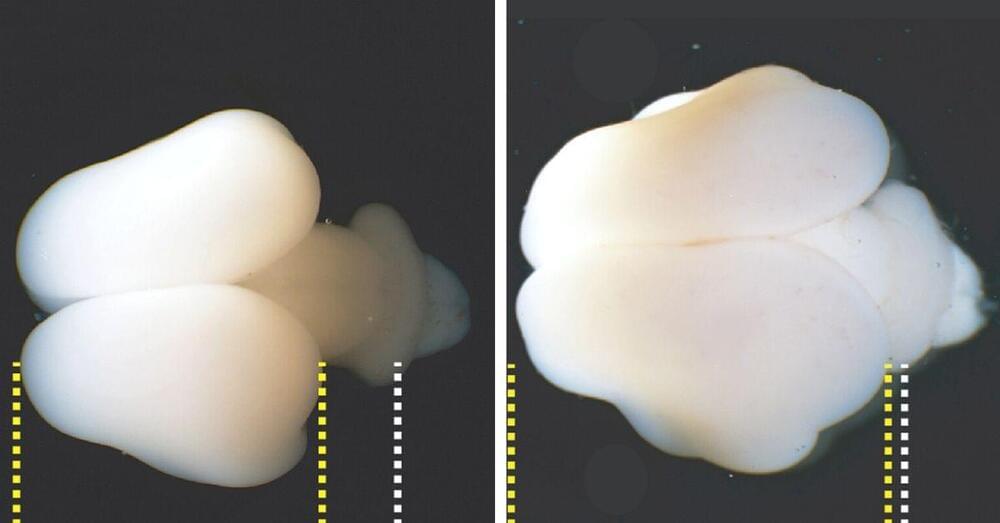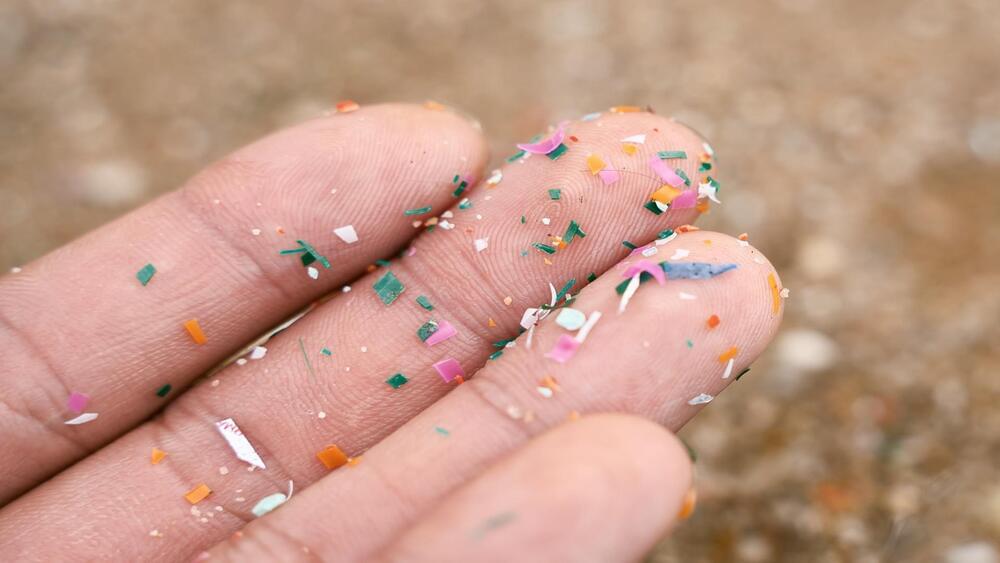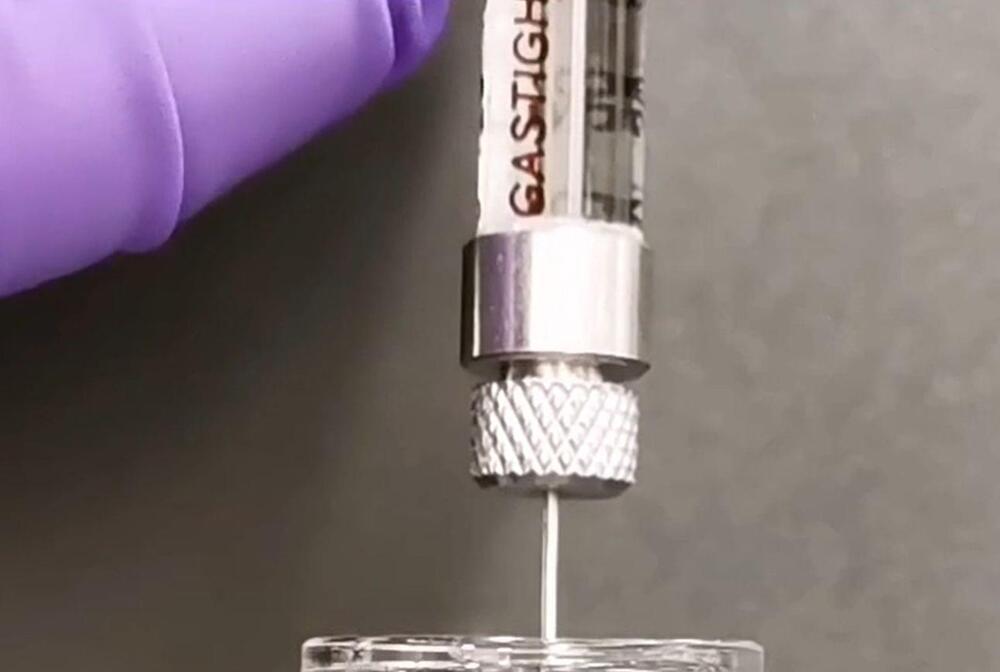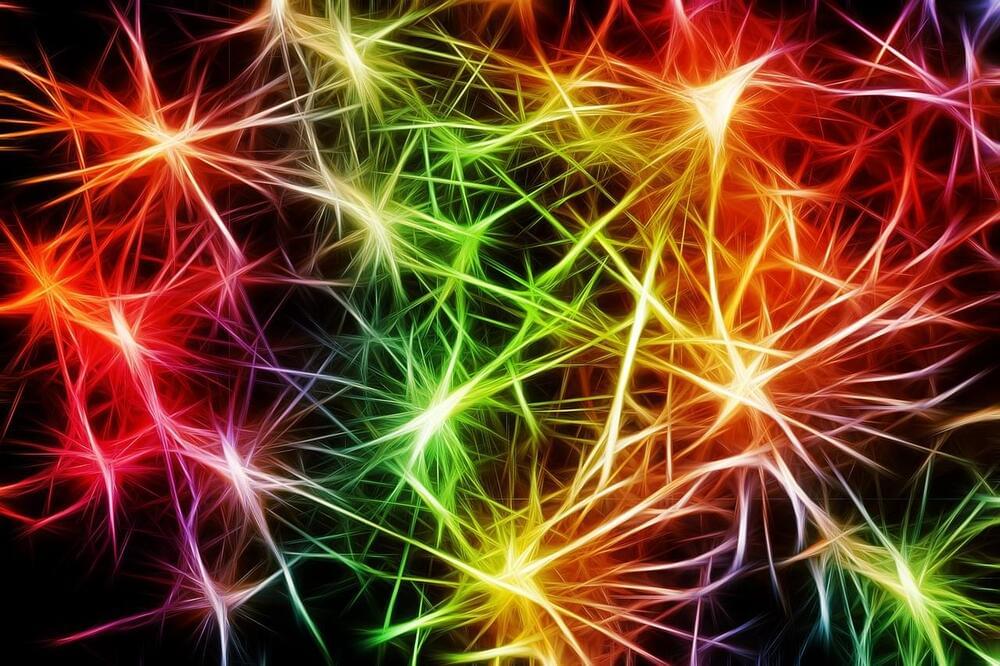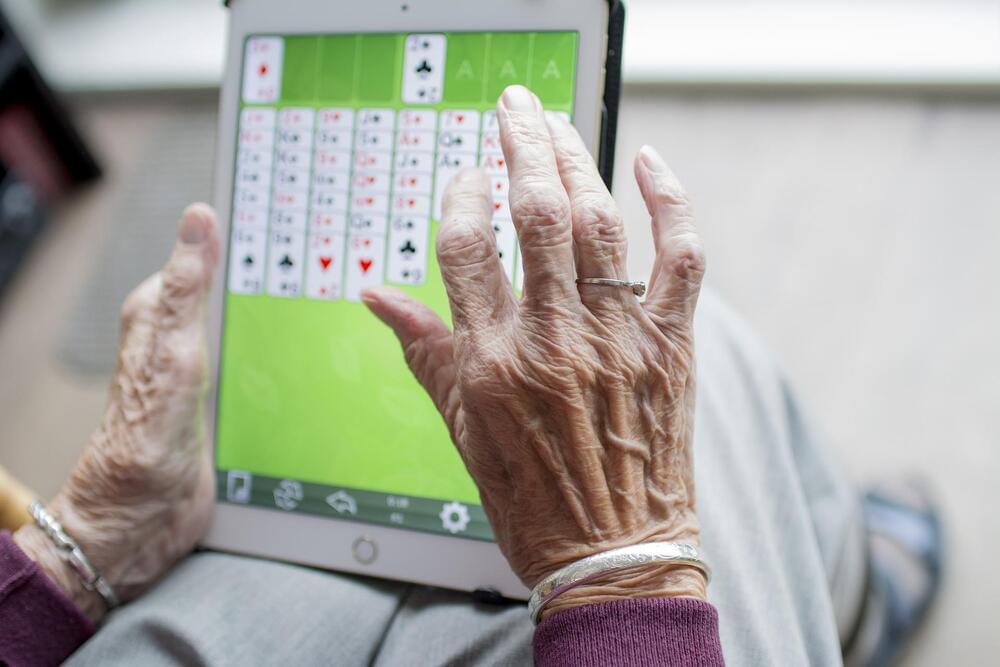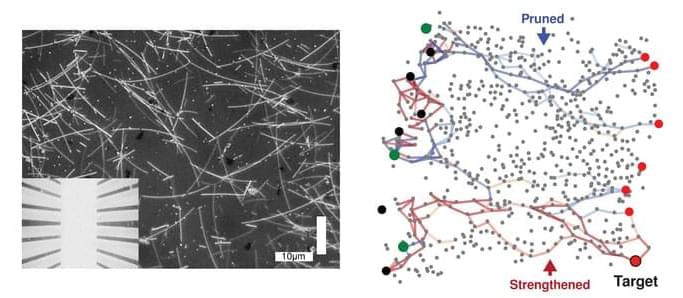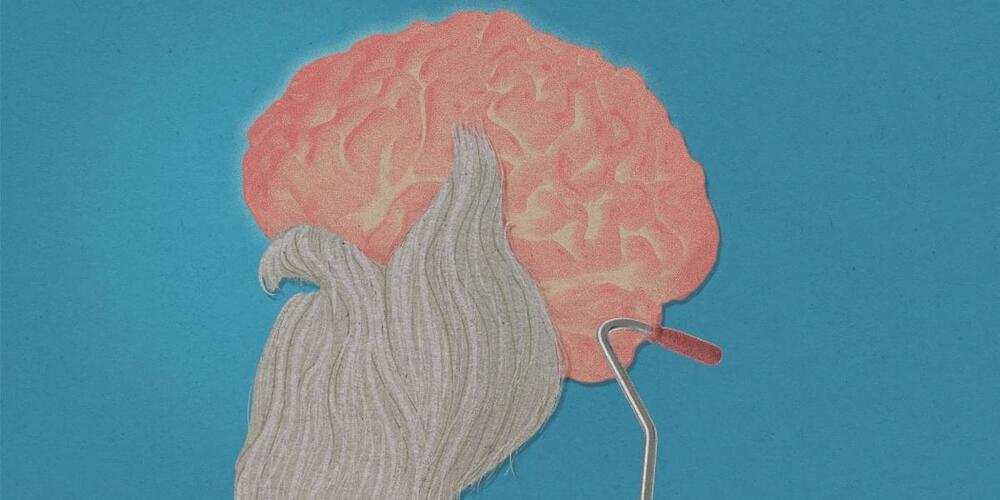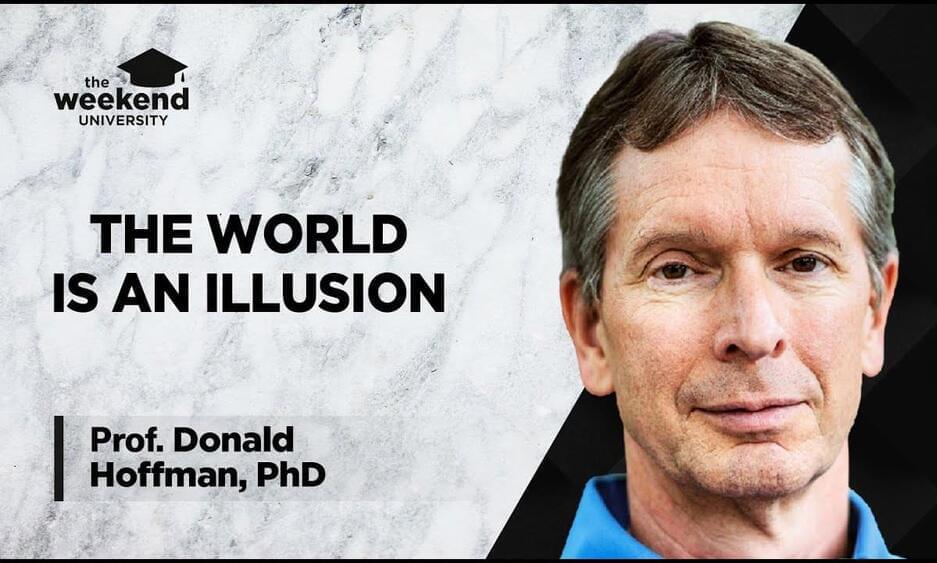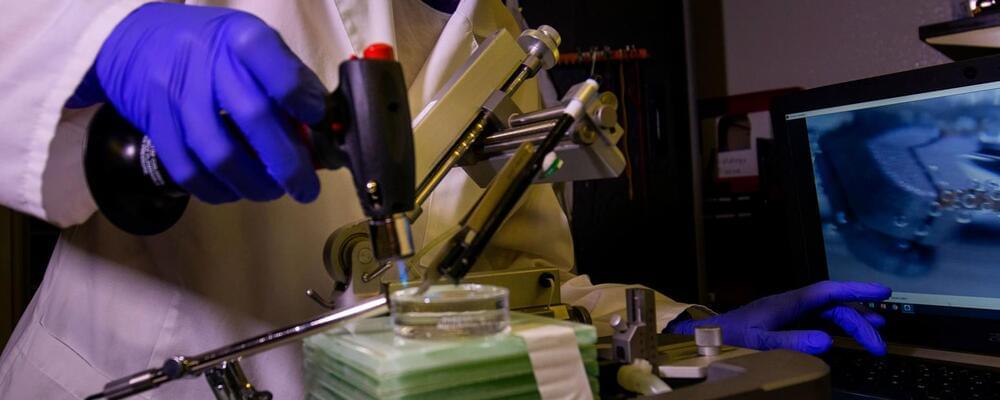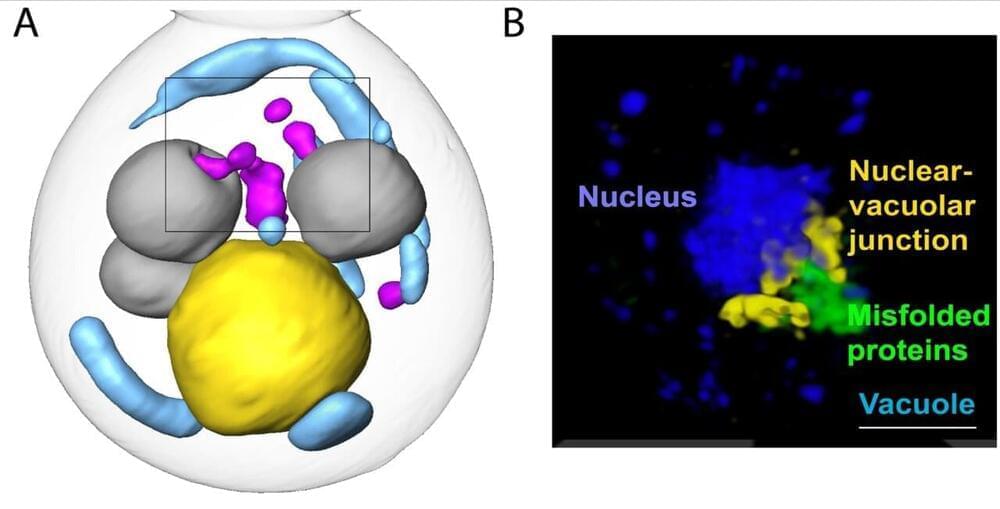
Misfolded proteins are toxic to cells. They disrupt normal functions and cause some age-related human degenerative diseases, like Alzheimer’s, Parkinson’s, and Huntington’s diseases. Cells work constantly to eliminate misfolded proteins, but these clearance mechanisms are still poorly understood.
In a new study published April 20 in Nature Cell Biology, researchers at Stanford University discovered a previously unknown cellular pathway for clearing misfolded proteins from the nucleus, the compartment where the cell stores, transcribes, and replicates its DNA. Keeping junk away from those processes is critical to normal cellular function. The new pathway could be a target for age-related disease therapies.
To find the new pathway, researchers in the lab of Judith Frydman, the Donald Kennedy Chair in the School of Humanities and Sciences, integrated several genetic, imaging, and biochemical approaches to understand how yeast cells dealt with misfolded proteins. For the experiments, the team restricted misfolded proteins to either the nucleus or the cytoplasm—the area inside the cell but outside the nucleus. The team visually followed the fate of the misfolded proteins through live-cell imaging and super-resolution microscopy.
